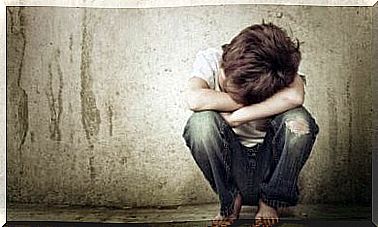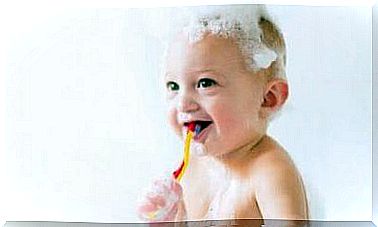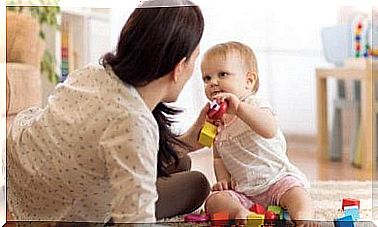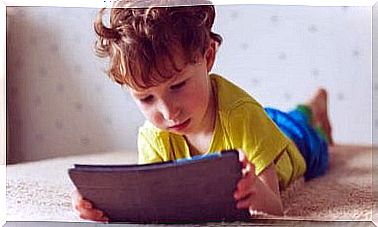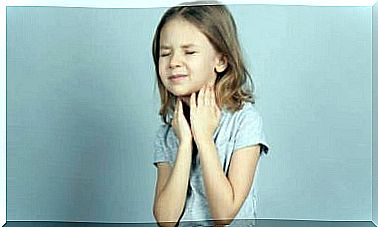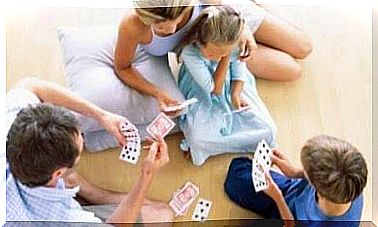How Does Context Affect A Child’s Education?
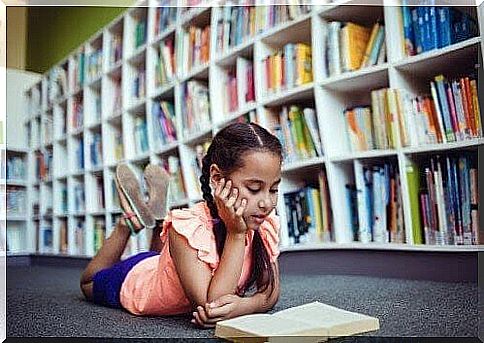
The environment in which children develop has a direct and significant effect on their cognitive development. The influence that “context” or “context” has on a child’s level of education is obvious because it encompasses all the ways in which children interact with society.
This includes family, their friends, social experiences, advertising, what they read, what they watch on TV and the ideologies that surround them. Everything that constitutes the cultural context in which they grow up and the events in their lives will have consequences.
How does context affect a child’s education?
Family as primary context
The children’s first contact with society takes place within their own families, the people who will determine how they are structured as individuals.
Whether you received enough love during your early childhood, whether you were heard and valued, whether you grew up with emotional or material deficiencies, or whether you were a victim of abuse, all of these factors will affect your ability to learn new things.
A family’s contribution:
- Basic Education
- Behavioral frameworks via established standards and boundaries
- Emotional security
Children learn social skills from the immediate family. When they enter the education system and the school world, they already have a lot of information with them.
The children’s constructed self-images have to do with what they observe around them and how people around them solve different situations.
Use context to stimulate your child’s intellectual development
Children’s intellectual development comes from the social environments in which they grow up, which helps them grow as individuals and in relation to others. Regardless of whether the context is more or less positive, if we understand it in terms of their education, it will be much easier to ensure that they are not discouraged.
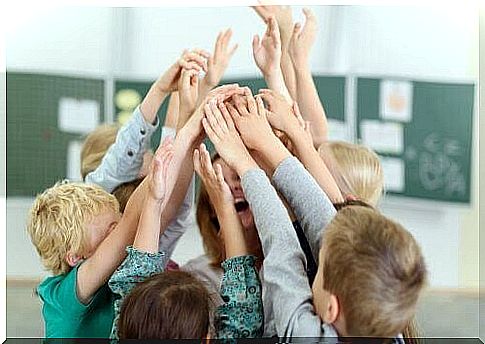
Media
When we talk about the role that context plays in a child’s education, we must mention the media. This is because they occupy a significant portion of a child’s attention. The media is constantly bombarding us as a society with messages in all their forms.
Television is particularly good at capturing children’s attention, and because of that it has a lot of influence over them. It is easy to see what is being communicated. Sometimes they are not even aware of what they are seeing, but the message is clear.
In addition, their consumption of TV tends to grow over time. Children take what they learn through TV for granted, especially at an early age. They can not yet distinguish between good and bad information and have not developed any source criticism. This creates a different type of context within their cognitive development.
New technique
New technology is taking the place of traditional media and changing current teaching processes. Today’s generations are used to interactive aspects, speed and technical support. Everything has to do with the context they have grown up with and the information they have learned through it.
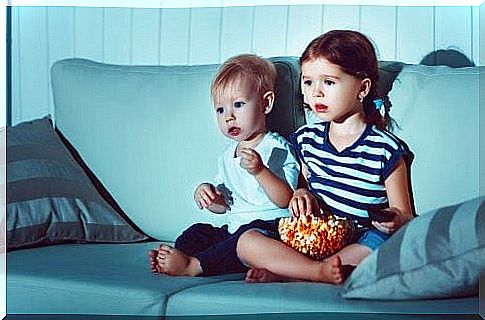
We can not overlook these factors. Instead, it is a good idea to take advantage of them. To become aware that they are part of the child’s context and environment so that we can use them to our advantage.
In general, family and society create the context in which our children grow up. Their influence on a child’s education is obvious, so it is important to create new models that take this into account. It provides a valuable framework for how each student performs.

